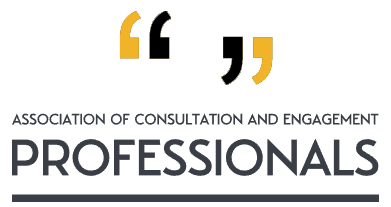Digital democracy is getting a hard time. Governments are increasingly suspicious of surveillance and discrimination by algorithm, not to mention growing awareness of foreign cyber interference. A recent EU report paints a dark picture of democratic corrosion – “exacerbated by key features of the attention and platform economy, with its reinforcement architectures, techniques of personalisation and audience segmentation, manipulative targeting, and ubiquitous choice architectures with built-in nudges and dark patterns”.
Sure, the online world isn’t perfect – weak ties between people typically dominate over strong ties. Often, there are no emotional cues and it can be hard to verify participants yet alone the quality of information.
At the same time, with the right design, online platforms can support civic engagement and encourage inclusive discourse. You’re more likely to befriend somebody online and anonymity can serve as a shield for revealing otherwise dark secrets. Mostly it’s convenient, rich (think thick democracy), smart (think personalised) and a more fun form of engagement for most people.
BigTech is fuelling concerns that technology development is adhering to the fundamental values of democracy. And there have already been called to introduce a Europe-wide quality “trust mark” for core processes of democracy technologies. Ethics-by-design could soon feature in all layers of civic technology.
So what is the solution? Some providers are already ahead of the game – CitizenLab went open source (open core model) in 2021 and is available on GitHub. Similarly, the Consul project is fully open source.
Transparency is part of responsible innovation but there’s more to be done – the long game could well lead to standards and regulation. From a design perspective, we’d like to see good practices “baked in” to the technology stack. From an adoption perspective, more awareness of softer the practices of solution providers. From a citizen perspective, it’s rarely even clear what solution you’re using yet alone who owns participation data and what rules are being applied.
There are many layers of complexity. Copy and paste democracy means better detection and reporting of fake engagement are needed. In general, we need better awareness that consultation is not a vote. Simple messaging such as “think for yourself” could help circumvent attempts to skew the democratic process.
We’re interest in working on independent assurance for solution providers. For example, in the domains of privacy, fairness and inclusivity. If you think it’s a workable (and needed) project, drop us a line or comment below.

